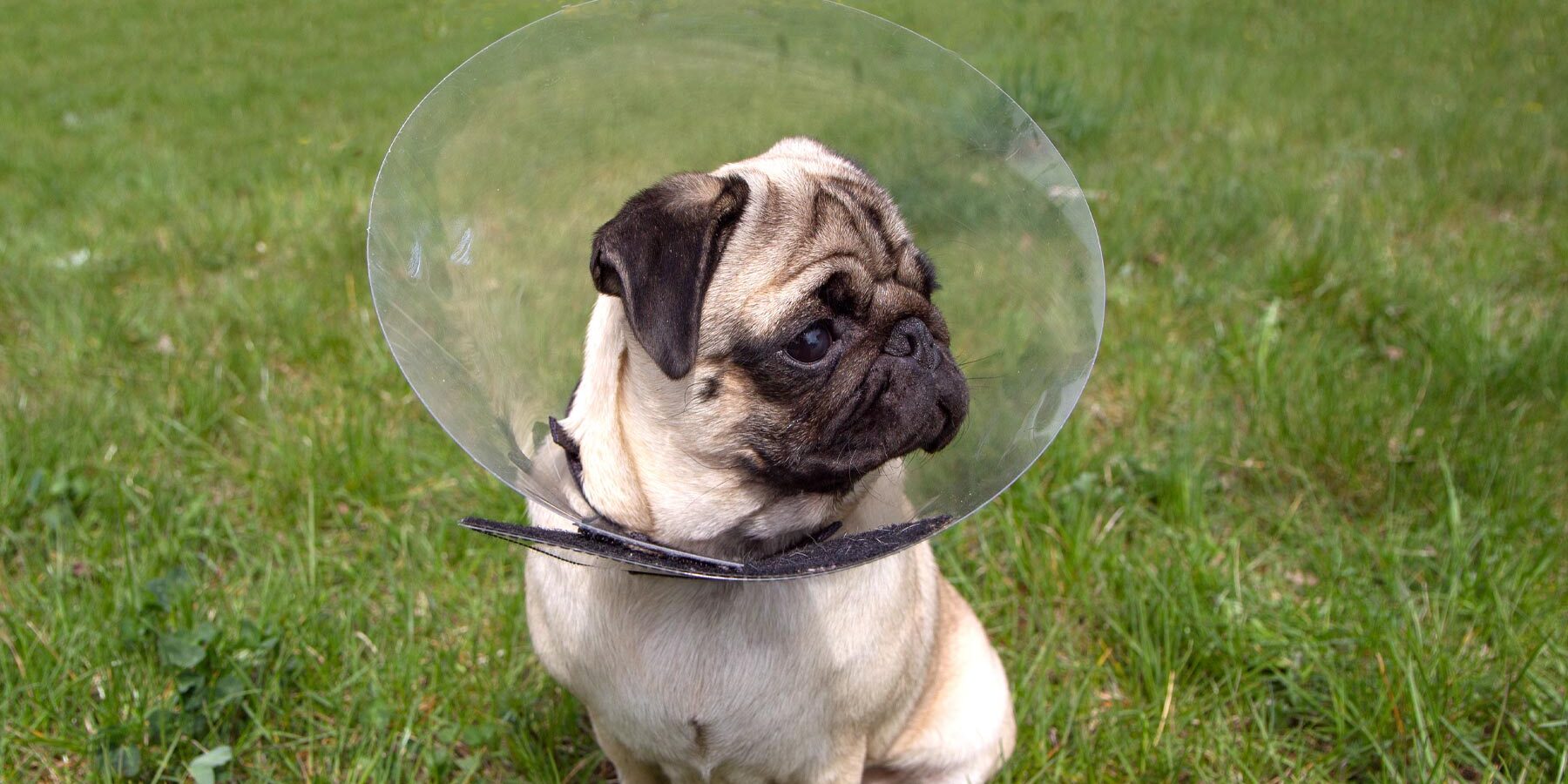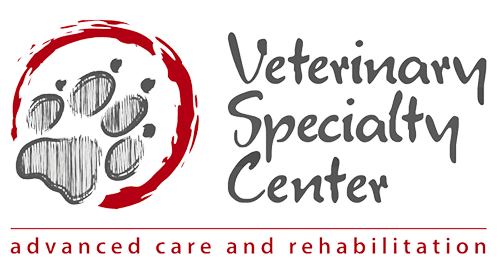Post-Op Care FAQ
We want your pet to make a smooth and swift recovery following their surgery at Veterinary Specialty Center. For an idea of what to expect in the days after your pet’s procedure, review our frequently asked questions below.
You are also more than welcome to call us at (321) 610-1999 if you have further questions!
Personalized aftercare instructions will be given to you after your pet’s surgery. The instructions will cover medications, feeding instructions, wound care instructions, allowed activity levels, and when your pet needs to return to VSC for staple removal, a recheck, or radiographs.
The postoperative instructions must be followed closely in all cases. Failure to do so may result in complications such as wound breakdown (dehiscence), infection, or breakage of implants (plates/screws, etc.).
A copy of your pet’s discharge instructions will be sent to your family veterinarian when your pet is discharged from VSC. If you have any questions about the instructions you have received, please contact VSC at (321) 610-1999.
Failure to adhere to these instructions may result in requiring a revision surgery.
Please call VSC at (321) 610-1999 M-W. For After Hours Thurs-Sun, please contact one of the following emergency clinics:
Defecation is frequently abnormal after anesthesia and surgery. This is due to the combination of drug therapy, low-grade surgical pain or discomfort, and environmental changes. Your pet may not defecate for several days after a hospital stay. This should not cause great concern, provided your pet is not straining to defecate. If no stool is seen within 4 to 5 days of discharge, please contact VSC during regular business hours (8 am to 6 pm M-Th).
After anesthesia, surgery, and a hospital stay, it is not unusual for your pet to have a decreased appetite due to the combination of recent anesthesia, pain medications, antibiotic treatment, environmental changes, and a decrease in activity level.
If your pet has no special dietary instructions from the doctor, it is acceptable to entice them with a special food (like boiled chicken and rice) in small quantities. This should be offered in combination with your pet’s normal diet. Please avoid foods that are “rich” or high in fat content, and do not feed any “people food” apart from the bland chicken and rice mentioned above.
This is not uncommon in the first few hours or days after discharge from the hospital. This may be due to the recent hospital experience, anxiety, changes in the normal home environment (e.g. confinement if they are not used to a crate), changes in their usual routine, or low-grade pain. If your pet calms down when you pet and talk to them, the behavior you are seeing is most likely not due to pain. If you feel your pet’s pain management is inadequate, please call VSC during regular hours (8 am to 6 pm, M-Th).
This may occur because of overuse of the surgery leg or is sometimes seen after the removal of a bandage. If your pet stops using the operated leg (in the absence of evident pain or deformity of the limb), restricting their activity for 24 hours may help. Continue pain medications and anti-inflammatories as directed. A warm compress directly to the surgical site may help.
If your pet does not improve with rest after 24 hours, or if you are concerned, please call VSC during regular office hours to speak with a technician to arrange a recheck for your pet.
If your pet is licking or chewing the incision and causing irritation, use an Elizabethan collar to prevent this. If you do not have one, you can pick one up at VSC, your family veterinarian, or your local pet store.
All surgical incisions should be kept clean and dry – any discharge is abnormal, and you should call VSC as soon as possible at (321) 610-1999 to arrange a recheck.

